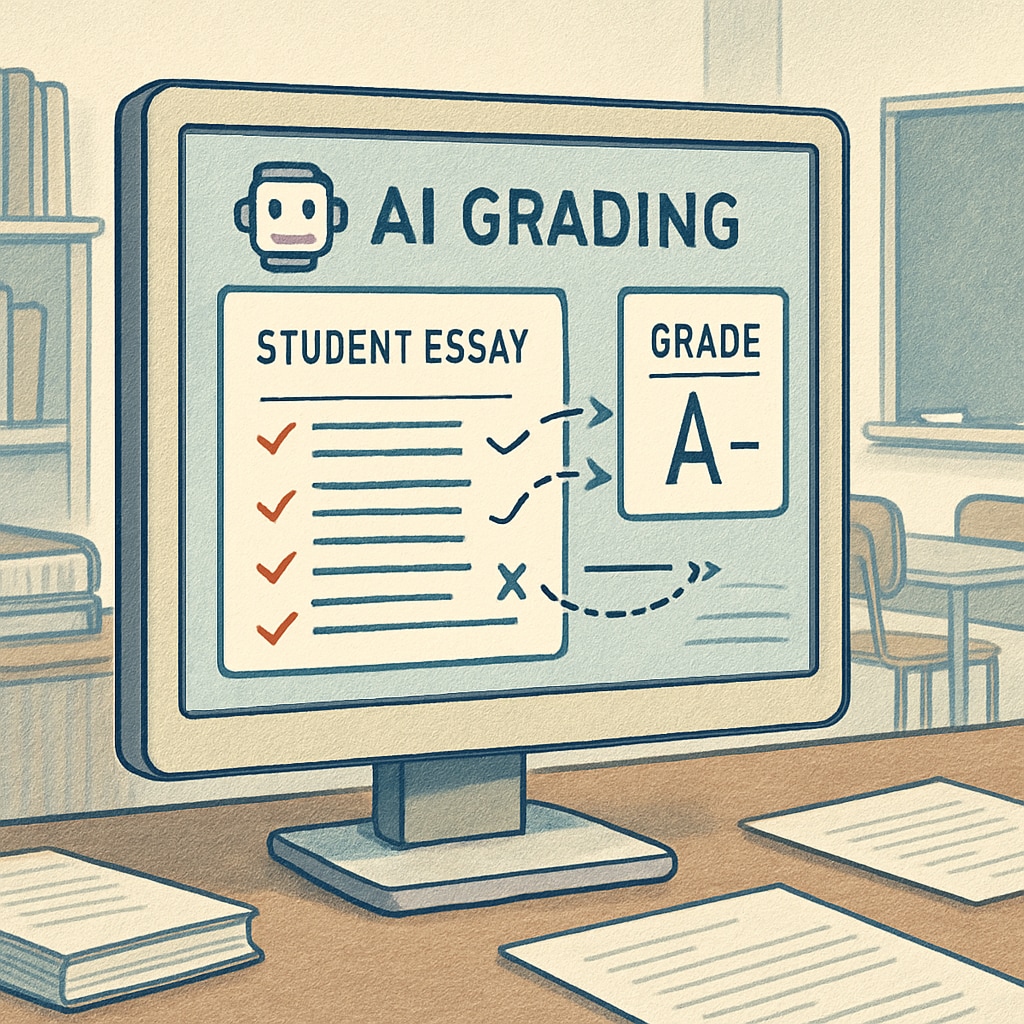The rise of AI technologies, such as Google Gemini, is reshaping the education landscape, sparking debates about teacher value, salaries, and technology literacy. While automation enhances efficiency in tasks like lesson planning and grading, it also raises concerns about the future of educators’ roles in schools. As AI continues to disrupt traditional teaching methods, educators must redefine their professional worth and advocate for fair compensation.
How AI Tools Are Transforming Core Teaching Tasks
AI-powered platforms excel in automating repetitive tasks that were once the cornerstone of a teacher’s daily responsibilities. For example, tools like Google Gemini offer personalized lesson planning, adaptive learning experiences, and even instant grading systems. These technologies promise efficiency but may overshadow the unique interpersonal and creative skills that teachers bring to the classroom.

While these innovations can free up time for educators to focus on mentoring and fostering critical thinking, they also challenge the traditional perception of teaching as a labor-intensive, high-skill profession. As a result, schools may begin to question whether teachers’ salaries should reflect their reduced workload or shift toward skill-based compensation models.
Redefining the Value of Educators in the AI Era
Despite AI’s ability to perform educational tasks, it lacks the emotional intelligence and empathy crucial for nurturing young minds. Teachers play a vital role in developing social skills, emotional resilience, and ethical reasoning—qualities that AI cannot replicate.
Educators must emphasize these irreplaceable contributions to maintain their professional value. By positioning themselves as facilitators of holistic development rather than mere knowledge dispensers, teachers can advocate for salaries that reflect their unique impact on students’ lives.

Equipping Teachers with Essential Tech Skills
In addition to redefining their roles, educators must invest in developing technological proficiency. Being fluent in AI tools and digital platforms will allow teachers to integrate these resources effectively into their teaching methods, ensuring relevance in an increasingly tech-driven environment.
- Participating in professional development programs focused on AI and educational technology.
- Collaborating with AI developers to design tools tailored to classroom needs.
- Exploring hybrid models that combine human-led instruction with AI augmentation.
By embracing technology rather than resisting it, teachers can evolve alongside AI, safeguarding their roles and earning potential within the education sector.
The Need for Collective Advocacy and Policy Reform
As schools integrate AI into their operations, policymakers and educators must collaborate to ensure fair salary structures. This includes recognizing the unique contributions of teachers beyond automated tasks and addressing disparities in compensation.
For example, education unions and advocacy groups can push for salary frameworks that reward educators for their emotional labor and mentorship roles. Additionally, governments can invest in training programs to help teachers adapt to technological advancements, ensuring their long-term relevance and career growth.
Readability guidance: Teachers must actively participate in discussions about their evolving roles and compensation models. Short paragraphs and structured lists can help simplify these complex conversations, making it easier for stakeholders to align on solutions.


